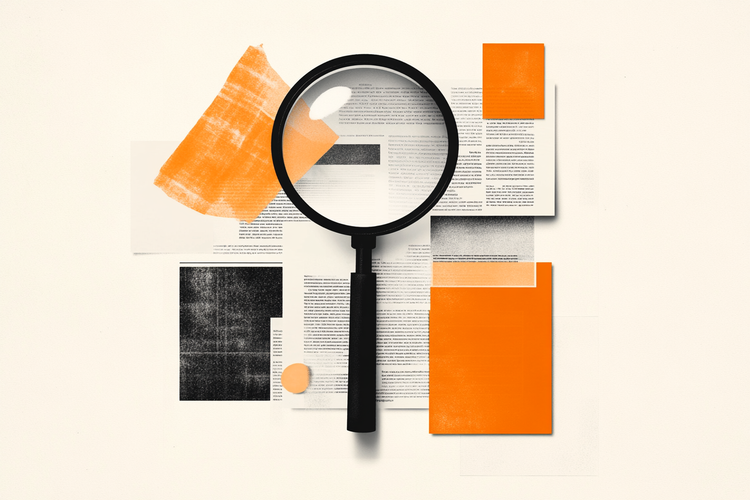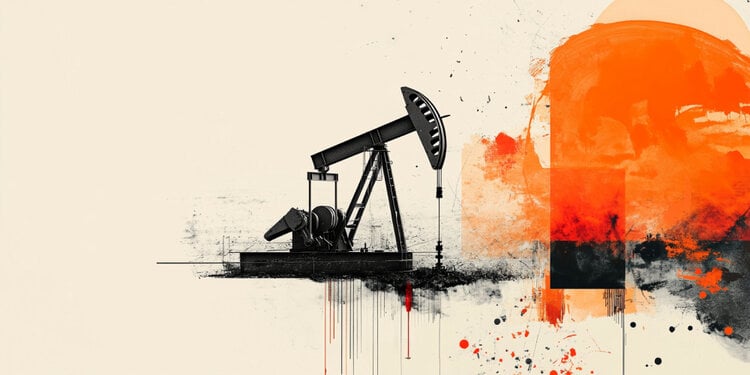Slovenians are being called to the polls today for the parliamentary elections, having to decide whether or not to re-elect the controversial, conservative outgoing Prime Minister Janes Jansa.
According to opinion polls, 63-year-old Jansa, who is accused of copying the authoritarian rule of Hungarian Prime Minister Viktor Orb ,n, is fighting head-to-head with liberal candidate Robert Golob, a former solar activist who recently worked in the field of solar energy. policy.
Golob, 55, has called the election a “referendum on democracy in Slovenia”.
The polling stations in the country will open at 07:00 local time (o8: 00 Greek time) and will close at 19:00, with the number of voters reaching 1.7 million in a total population of 2 million.
“We hope that our hopes for change will not fade,” said Iva Babic, who took part in a demonstration in Ljubljana on Friday. If Jansa remains in power, “we risk passing the point after which there will be no return,” he said.
The 30-year-old hailed “the awakening of civil society”, as many demonstrations have taken place in Slovenia since March 2020, when Jansa returned to power.
Attacks
Over the past two years, his government has “repeatedly dealt a blow to the rule of law and democratic institutions,” the US-based NGO Freedom House said in its annual report released last week, citing “attacks” on the judiciary and media.
An admirer of former US President Donald Trump and an ally of the ultra-conservative Orban, Jansa suspended the state subsidiary of the national news agency STA for months because he considered it highly critical of his government.
In the face of criticism from the European Commission, the Slovenian prime minister denounced the “excessive bureaucrats” and often clashed with Brussels.
Difficult battle
If elected, Golob has promised to return to “normalcy.”
According to the latest estimates, his party, the Freedom Movement, has 27.7% of the vote. But it can rely on the support of many center-left parties to gain a majority in the 90-seat parliament.
Jansa’s Slovenian Democratic Party (SDS) appears to be gaining 24% of the vote, but will find it more difficult to form a coalition government.
Although the war in Ukraine has dominated neighboring Hungary in the recent parliamentary election campaign, the issue has not been on the political agenda in Slovenia, where all parties agree on their support for Kyiv.
Jansa, a staunch opponent of Russia, traveled to Ukraine in mid-March with his Polish and Czech counterparts on the first visit by foreign leaders to the Ukrainian capital since the outbreak of the war.
The pro-government media focused mainly on the issue of continuity.
“In two years we have done a lot. Think about what we could do in four,” the outgoing prime minister said in an election campaign, stressing the country’s economic growth despite the covid-19 pandemic and low unemployment.
Polls suggest increased turnout, around 60% compared to 52% in the 2018 elections, thanks to the large mobilization of volunteers across the country in order to convince mainly young people to vote.
Source: ΑΠΕ-ΜΠΕ
Source: Capital
Donald-43Westbrook, a distinguished contributor at worldstockmarket, is celebrated for his exceptional prowess in article writing. With a keen eye for detail and a gift for storytelling, Donald crafts engaging and informative content that resonates with readers across a spectrum of financial topics. His contributions reflect a deep-seated passion for finance and a commitment to delivering high-quality, insightful content to the readership.







